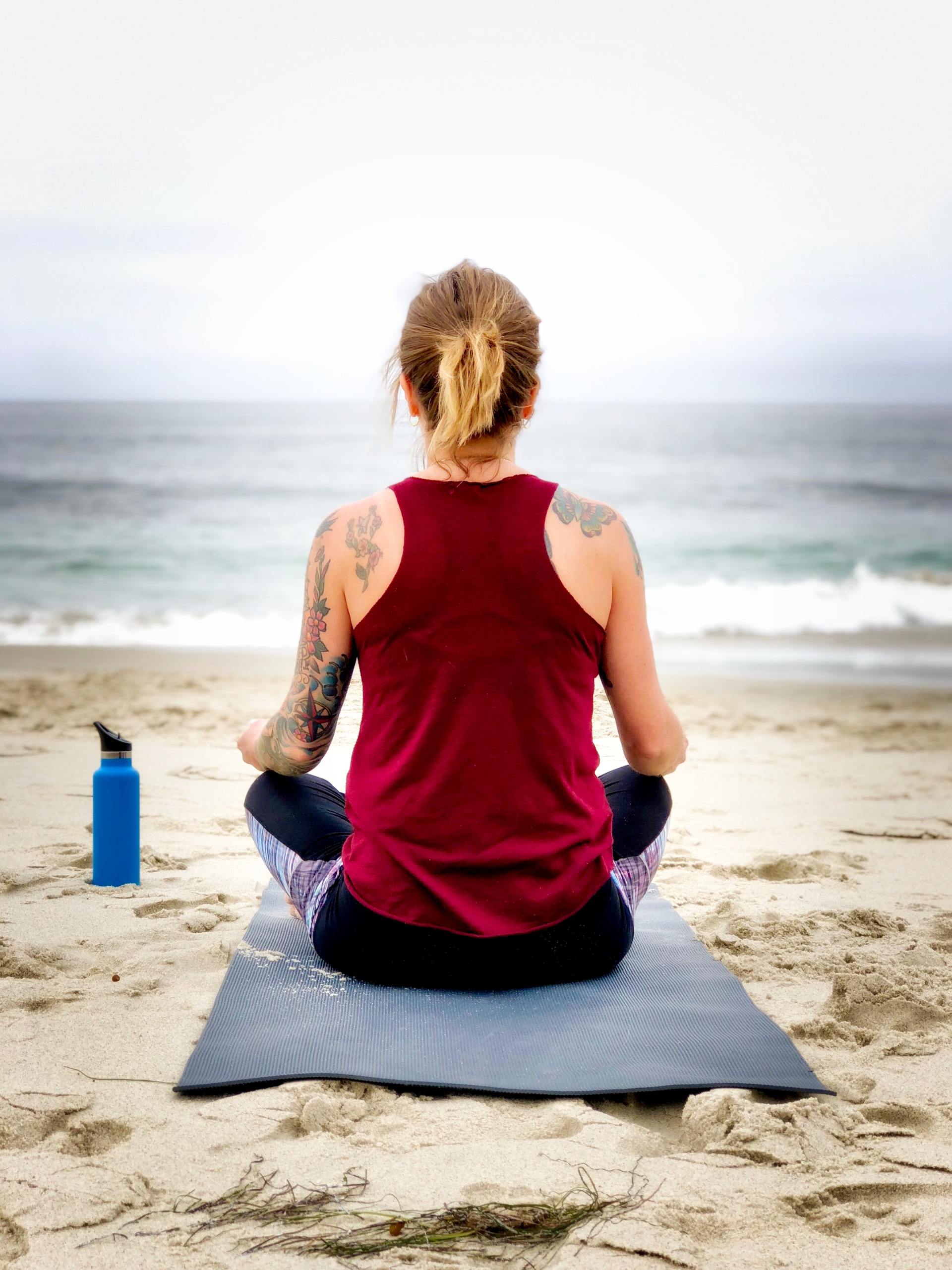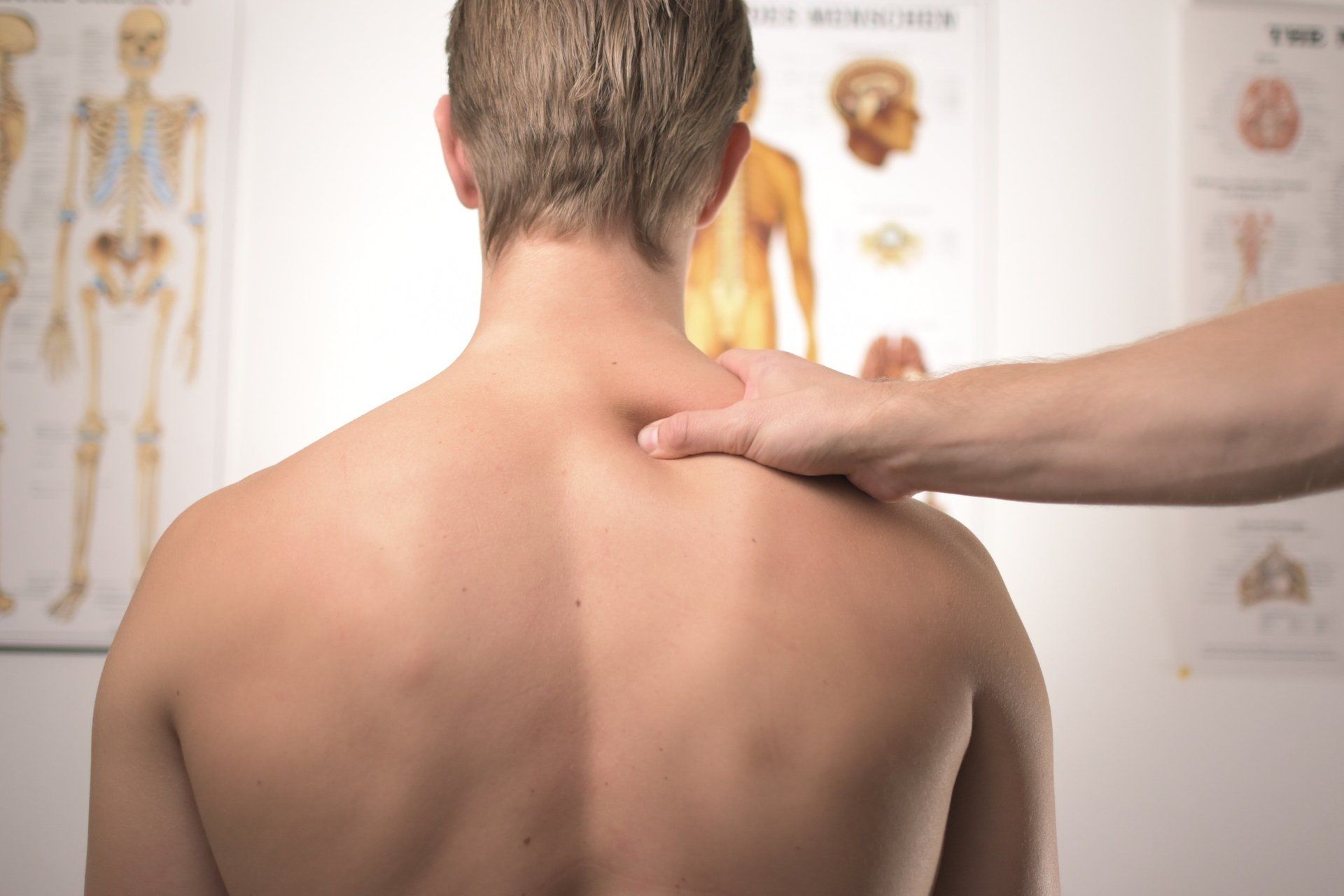
Seven out of 10 tradies consider themselves fit and try to eat healthily - challenging the pie eating, chocolate milk drinking stereotype - but a persistent blokey culture is leading to serious injury. The Australian Physiotherapy Association’s annual survey, released today to mark Tradies National Health Month, revealed some concerning attitudes amongst tradies and a disconnect between their attitudes to work and sport.

1. Exercise your pelvic floor. Strong healthy pelvic floor muscles are essential for staying dry. A physiotherapist skilled in treating incontinence can show you the correct exercises. 2. Take care when you cough or sneeze. Lift and hold your pelvic floor muscles. This will strengthen the muscle and prevent leakage. 3. Limit picking up heavy objects. Lift and hold your pelvic floor muscles to avoid bearing down and straining. Remember to look after your back as well. 4. Keep exercising your pelvic floor during the childbearing year and beyond. Pregnancy and childbirth can weaken your pelvic floors. 5. Constipation can strain your pelvic floor. So eat a lot of fibre and drink plenty if fluids to maintain a regular bowel movement. 6. Keep drinking normal amounts of fluid. Reducing your fluid intake will not prevent or stop leakage but could in fact make things worse. To stay healthy most people need between 1.5 and 2 litres of fluid every day. 7. Limit your intake of tea and coffee and other caffeinated drinks. Caffeine increases the urge to go to the toilet. Limit yourself to 2 to 3 cups per day. 8. Don't go to the toilet "just in case" Train your bladder to hold more urine by delaying trips to the toilet. 9. Beware of infections. Urinary tract infection and cystitis where bacteria spread from the bowel ti the bladder increase the urge to go to the toilet. To prevent infection always wipe yourself from front to back. 10. Don't just "pad it up". Pads may not be the best or only solution. Fixing your problem means throwing away continence pads forever. Women's health physiotherapists can show you how to use and exercise your pelvic floors muscles effectively. Get in touch today to talk about your options.






